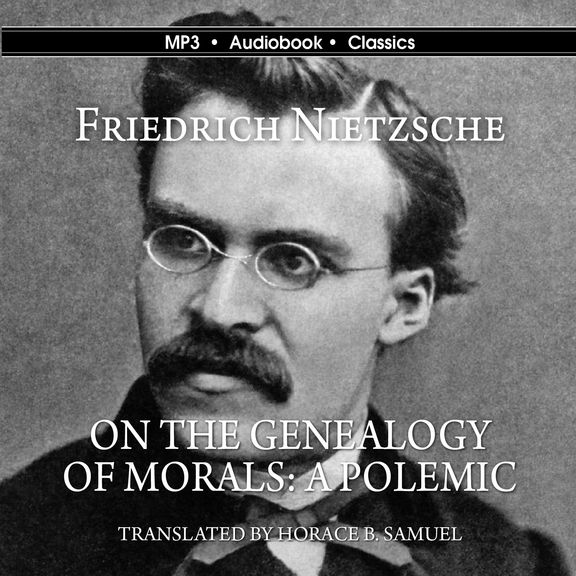
On the Genealogy of Morals
By Friedrich Nietzsche
Friedrich Nietzsche set out to dig into “the origin of our moral prejudices” in On the Genealogy of Morals, also titled On the Genealogy of Morality: A Polemic. In doing so he carried forward his thinking expressed first in Human, All Too Human (1878) and more deeply in Beyond Good and Evil (1886). Consisting of a preface and three extended treatises, it is the most systematic of his works, and considered as his masterpiece by many scholars. The first treatise outlines two very concepts of good that eventually oppose one another. The first exists paired with “good and bad”, a dualism of pure power characterized by the Roman worldview, while the second exists in the “good and evil” dualism characterized by the “ressentiment” of the meek and powerless in the Judeo-Christian tradition. The second treatise delves into the roots of guilt and punishment in anger and the need for compensation, and poses the notion of “bad conscience” as will to power unnaturally turned inward. The third treatise deals with ascetic ideals from the several perspectives of artists, philosophers, women, priests, saints, and, more recently, scientists and historians. He fears that the “will to truth” which is fostered by the ascetic ideal may well foster a truth that then imperils its objective. By applying the historical technique of genealogy to the birth, scope and decline of ideologies over time, Nietzsche brings a Darwinian perspective to the evolution of ethics, and, by doing so, gives a deeper understanding of “the value of our values”.


